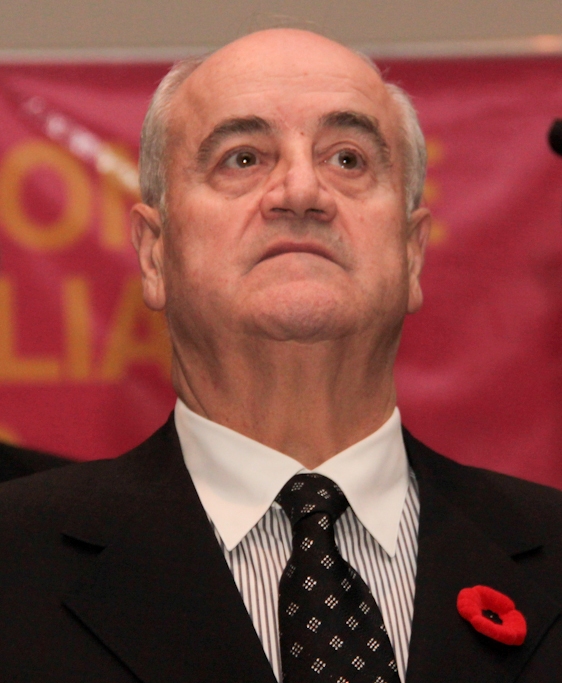At 8:30 a.m. on the first Monday in the New Year, the Canadian Veteran Advocacy group sent out some suggested “New Year’s Resolutions” for Julian Fantino, who was, at the time, Minister of Veterans Affairs.
They included:
1. Not arriving late at meetings with veterans.
2. Not running away from the spouses of veterans.
3. Not flying away to Italy or anywhere else at taxpayer’s expense when important reports such as the Auditor General’s Reports are tabled in the House of Commons.
4. Not using profane language or swearing at veterans in public places.
5. Taking French language lessons.
6. Replying to all correspondence in a timely, factual and accurate fashion.
7. Not practicing the politics of exclusion and denial; listening to all veterans and veteran’s organizations.
8. Not using veteran’s organizations and veterans for photo opportunities.
By 1:00 p.m. the Prime Minister had announced that he was shuffling Fantino out of Veterans Affairs and replacing him with young up-and-comer (and veteran) Erin O’Toole.
Fantino does not lose his generous cabinet minister’s salary. He is now the new Associate Minister of National Defence.
We have a Defence Minister, mind you, and for the last while, at least, have not seemed to need an Associate Minister. That seems to be a role the Prime Minister reserves for someone whom he wants to reward, but does not entirely trust.
One wag once called an appointment to the Senate a “taskless thanks.” You might say the same for Fantino’s new job.
It seems the Prime Minister has a capacity for staying loyal for folks he, for one reason or another, really likes, no matter how poorly they have performed.
Fantino has been, by all accounts, a failure at two significant cabinet posts: Veterans Affairs and, before that, International Cooperation. Not only has he seemed weak and unfocused on policy and administration, he may be the worst communicator on the government side of the House.
It has been truly painful to watch him answer questions in the House in a drone-like monotone, looking down nervously at his prepared talking points.
Based on his performance, Fantino has earned himself a seat far back on the backbench. But no — he will still be at the cabinet table.
One reason for the Prime Minister’s generosity in this case may be the fact that the new Associate Minister represents a key riding in Toronto’s 905 belt. This region, every pundit and pollster will remind you, will play a crucial role in the next election. It has tended to swing back and forth between Liberals and Conservatives, and even the NDP has some strength in part of this sprawling suburban and exurban hinterland.
When he decided to run for the Harper Conservatives, in a 2010 byelection, Fantino was something of a star candidate. He had been Chief of Police for the cities of London, Ontario, and Toronto and Commissioner of the Ontario Provincial Police.
His reigns in all of those roles were plagued by controversy.
As a senior law enforcement official, he never had the common touch. In fact he was notoriously abrasive in his communications, especially with folks he did not like, such as community activists.
But Fantino was Harper’s kind of candidate: white, male, a bit on the older side, and he came from law enforcement. Plus, he was “ethnic” (Italian) and a representative of suburbia.
It must have taken a bit of convincing to get Fantino to enter federal politics. It is even possible that Harper promised the long time police chief that, come what may, he would stand by him in the event of controversy or political rookie missteps.
If that is true, the Prime Minister has been true to his word.



